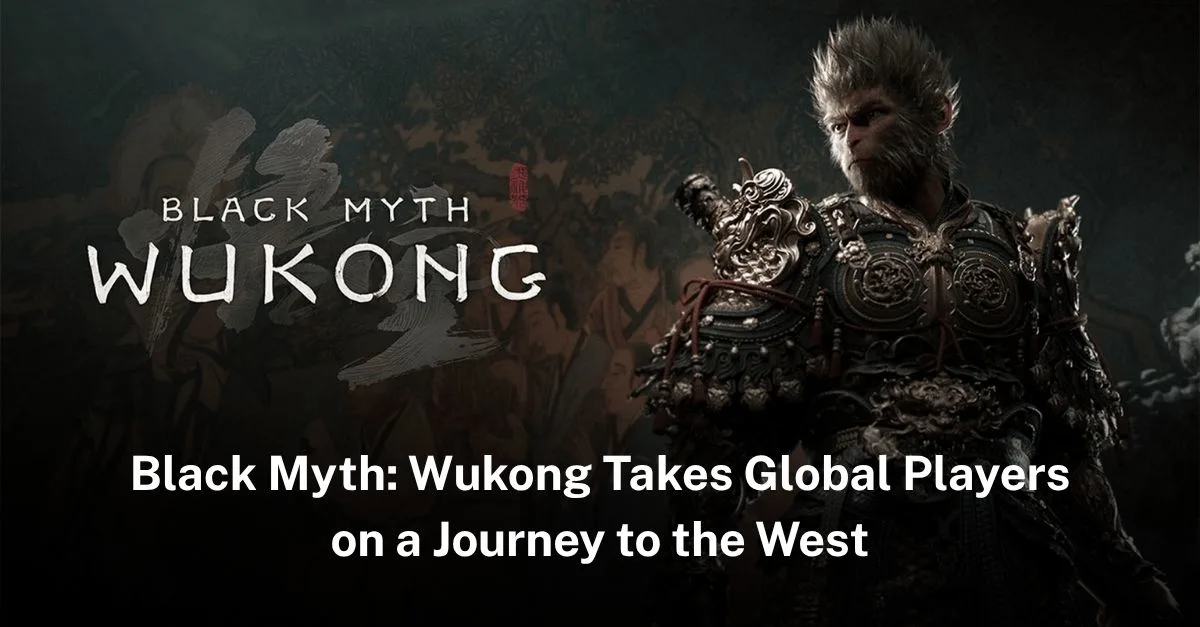“Black Myth: Wukong” is poised to redefine the action RPG genre, offering players a visually stunning and deeply immersive experience steeped in the rich tapestry of Chinese mythology. Developed by the Chinese studio Game Science, this game draws inspiration from the legendary novel “Journey to the West,” inviting players from around the globe to step into the shoes of Sun Wukong, the mischievous and powerful Monkey King.
Mythological Epic Brought to Gaming Life
“Journey to the West” is one of the most beloved pieces of Chinese literature, telling the story of a monk named Tang Sanzang and his quest to retrieve sacred scriptures from India. Accompanying him on this perilous journey are his three disciples, the most famous of whom is Sun Wukong. Known for his incredible strength, cunning, and ability to transform into various forms, Sun Wukong is a character whose adventures have captured the imaginations of readers for centuries.
“Black Myth: Wukong” takes this legendary tale and transforms it into an interactive experience that allows players to explore the world of ancient China through the eyes of the Monkey King. The game’s narrative closely follows Wukong’s journey, offering a fresh interpretation of the classic tale while remaining faithful to its roots. Players will encounter a host of characters and creatures from Chinese folklore, each brought to life with meticulous attention to detail and a deep respect for the source material.
A Visual Feast Powered by Unreal Engine 5
One of the standout features of “Black Myth: Wukong” is its breathtaking visual design. Powered by Unreal Engine 5, the game showcases environments that are as beautiful as they are treacherous. From lush forests and snow-capped mountains to ancient temples and mystical realms, each location is rendered with stunning realism and artistic flair. The game’s lighting, textures, and animations set a new standard for the action RPG genre, immersing players in a world that feels both fantastical and tangible.
Character design in “Black Myth: Wukong” is equally impressive. Sun Wukong himself is depicted with a blend of ferocity and playfulness, embodying the dual nature of his character. The bosses, drawn from Chinese mythology, are particularly striking. Bosses like the Erlang Shen, the Four Heavenly Kings, and the Elder Jinchi are rendered with a level of detail that makes each encounter feel epic and memorable.
Dynamic Combat and Transformative Abilities
At the heart of “Black Myth: Wukong” is its dynamic combat system, which promises to be both challenging and rewarding. Players will have access to Sun Wukong’s legendary combat abilities, including his mastery of the staff, his agility, and his unique power to transform into various creatures and objects. This shapeshifting ability is a key gameplay mechanic, allowing players to adapt to different situations and overcome formidable enemies.
The combat is fast-paced, with a focus on skillful dodging, precise timing, and strategic use of Wukong’s abilities. Each boss encounter requires players to study their opponent’s patterns and weaknesses, making every battle a test of both reflexes and strategy. The game’s difficulty is expected to provide a satisfying challenge for seasoned players, while its accessibility ensures that even newcomers can enjoy the experience.
Cultural Phenomenon with Global Appeal
While “Black Myth: Wukong” is deeply rooted in Chinese culture, its universal themes of heroism, adventure, and transformation have resonated with audiences worldwide. The game has already garnered significant attention beyond China’s borders, with gamers and critics alike praising its potential to bring a piece of Chinese culture to the global stage.
Game Science’s decision to develop “Black Myth: Wukong” as a AAA title reflects the growing ambition of Chinese game developers to create world-class experiences that compete with the best in the industry. The game is not just a celebration of Chinese mythology; it’s a testament to the power of storytelling and the ability of video games to bridge cultural divides.










Leave a Reply